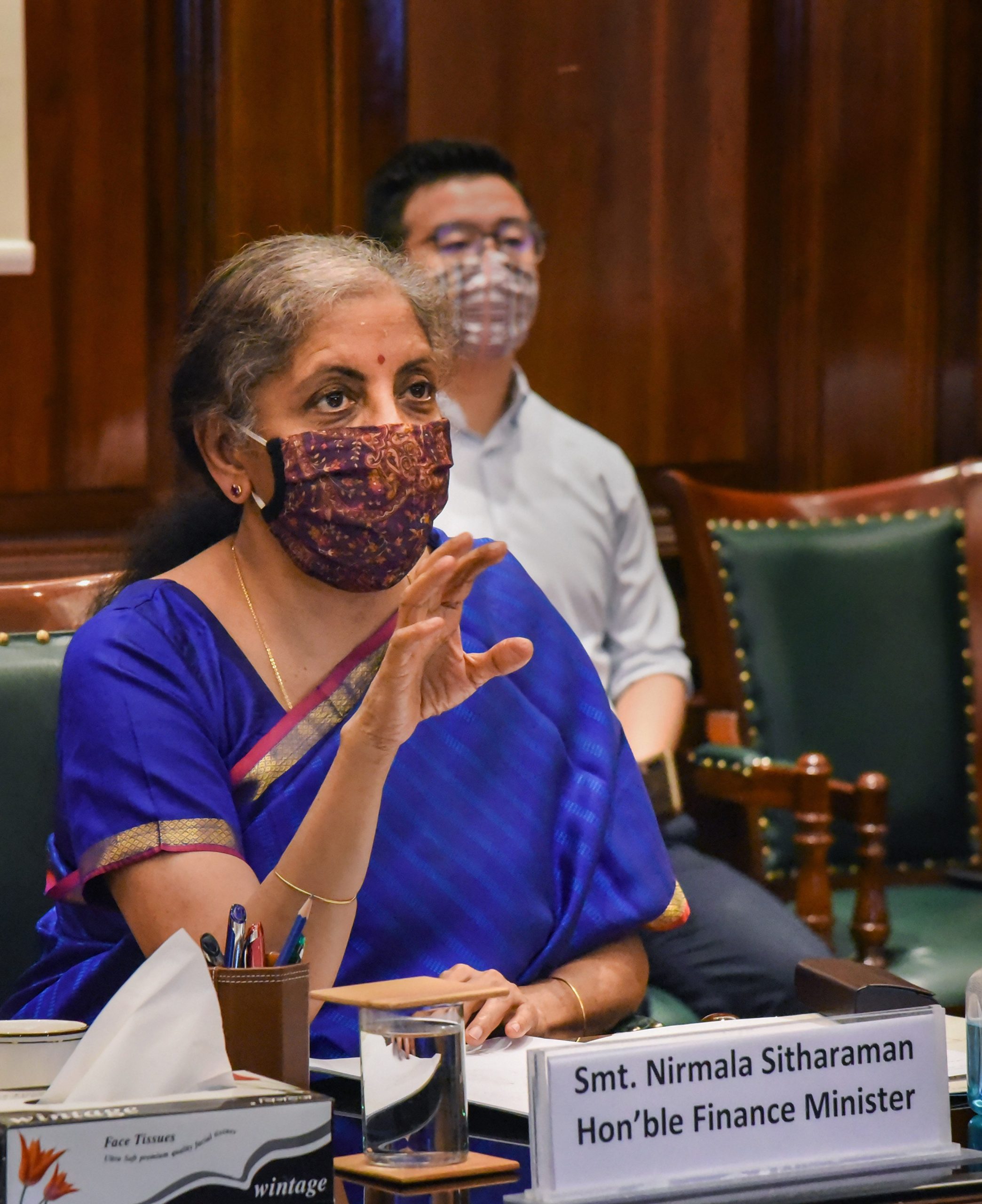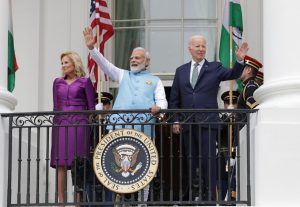Finance Minister Nirmala Sitharaman is slated to unveil her third Union
Budget for the fiscal year 2021-22 under Narendra Modi government
2.0 and it not only holds tremendous significance after a COVID-19 pandemic crippled year of
economic slowdown and financial turbulence but will also determine solutions to grapple with the ‘technical recession’ that the country has been plunged into.
Sitharaman had already signalled that this year’s budget will be like ‘never before’ with some big announcements lined up and the process being transformed into a complete paperless exercise.
But as far as the date and time of budget presentation is concerned, it is always announced at 11 am on February 1 but if we go nearly two decades back, the Union Budget used to be unveiled at 5 in the evening on the last day of February. Thus, it is important to know who made these changes and why?
Why was the budget’s time changed from 5pm to 11am?
The
practice of unveiling the Union Budget was in vogue till 1999 until then finance minister Yashwant Sinha changed the ritual by presenting the 1999 Union
Budget at 11 am, citing that the tradition was inherited from the colonial era
and changing the time would symbolise India’s complete liberation from the British rules.
The 5 pm rule came from about 20 years before independence in 1927 as the British officials ‘House of Lords’ and ‘House of Commons’ from London also used to take part in the budget presentation and while it was 5pm in India, it was 11.30am there in London, that’s why the budget was presented at 5pm in the evening in India.
Also Read: Economy expected to contract 7.7% in 2020-21: Govt data
The other reason behind such time altercation was that the Budget inevitably introduced changes in the taxation policies, and a presentation in the evening used to give producers and the tax collecting agencies the night to work out the change in prices.
Why was the date changed from last day of February to February 1?
In 2017, then Finance Minister Arun Jaitely, put an end to the colonial practice of announcing the budget on 28/29th February advanced it by a month, so that the legislative approval for annual spending plans and tax proposals could be completed before the beginning of the new financial year which start on April 1.
The thought behind such advancement was to help
the budgetary exercise to be wrapped up and the Finance Bill to be passed and implemented
from April 1 onwards instead of June and all the expenditure bodies operating, within
the system or are financially dependent on the Centre, can be able to work out
their activities with proper resources in the beginning of the fiscal year
itself with the Appropriation Bill passed as early as possible instead of May.






